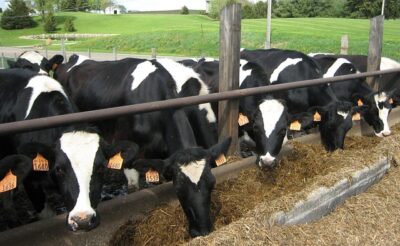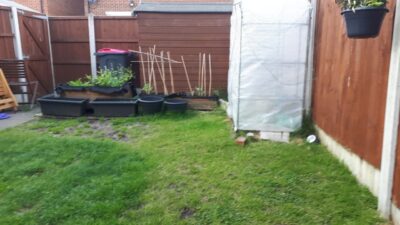Combatting Common Pests
In this Article...
A short guide with tips for dealing with common 'pests' found in the garden.
Growing your own vegetables is a rewarding and satisfying experience, but unfortunately, it can also attract unwanted pests. Many gardeners turn to chemical pesticides to protect their crops, but these can be harmful to the soil and your health.
Luckily, there are natural techniques to combat pests in vegetable gardens that are just as effective and safe.
Companion planting
Companion planting is the practice of planting certain plants together to provide mutual benefits. Certain plants, such as marigolds, nasturtiums, and basil, can repel pests and attract beneficial insects like ladybugs and lacewings that eat pests. For example, planting marigolds around your tomatoes can help deter whiteflies and nematodes. By choosing the right companion plants, you can help protect your vegetables from pests naturally.
Neem oil
Neem oil is a natural insecticide that is derived from the neem tree, it disrupts the pest’s feeding and breeding habits. To use neem oil, mix it with water and spray it on the affected plants.
Handpicking
Sometimes the best way to deal with pests is simply to pick them off by hand. This can be time-consuming, but it’s a natural and effective way to control pests. Check your plants regularly and remove any pests you find.
Row covers
Row covers are a physical barrier that can help protect your plants from pests. They can be made from lightweight fabrics or plastic and are placed over the plants to create a barrier between them and the pests; they are particularly effective against flying insects like moths and butterflies.
Crop rotation
Crop rotation is the practice of planting different crops in a different location each year. This can help prevent the build-up of pests and diseases in the soil. For example, planting beans in the same spot year after year can attract bean beetles, but rotating beans with other crops can help keep pests under control.
Natural predators
Encourage natural predators like birds, ladybugs, and praying mantises to your garden. These insects eat pests and can help keep them under control. You can attract them by providing food and shelter. For example, planting a variety of plants and adding birdhouses and bug hotels can help attract beneficial insects.
Compost Heap
Building a good compost heap can also help prevent pest problems in your vegetable garden. Compost provides nutrients to your plants, making them healthier and more resistant to pests and diseases. It also improves the soil structure and encourages beneficial organisms like earthworms and microorganisms, which can help keep pests in check.
With these techniques in mind here are some specific tips to deal with the more common pests you may find in your garden or allotment.
Aphids
Aphids are small, soft-bodied insects that suck the sap from plants. They can be green, black, brown, or pink and are often found on the undersides of leaves. To combat aphids, try spraying your plants with a mixture of water and dish soap. You can also introduce natural predators like ladybugs and lacewings, which feed on aphids.
Slugs and Snails
Slugs and snails can be a real problem in the garden, eating holes in your plants and leaving a slimy trail. To combat these pests, try placing copper tape around your garden beds or individual plants. Slugs and snails don’t like to touch copper, so they’ll avoid crossing the tape. They are also adverse to the scent of garlic, so consider growing garlic around your garden or making a garlic spray.
Cabbage Worms
Cabbage worms are the larvae of white butterflies and can be a real problem in the vegetable garden, eating holes in your cabbage, broccoli, and other brassicas. To combat these pests, try covering your plants with row covers or netting. You can also try introducing natural predators like parasitic wasps, which lay their eggs inside the cabbage worm larvae and kill them.
Carrot Flies
Carrot flies are small, black flies that lay their eggs in the soil around your carrot plants. The resulting larvae feed on the roots of the plants, causing them to wilt and die. To combat these pests, try planting your carrots in containers or raised beds, or covering them with mesh netting. You can also try interplanting your carrots with onions or chives, which deter the flies with their strong smell.
In conclusion, there are many natural ways to combat pests in your vegetable garden. By using companion planting, crop rotation, handpicking, natural predators, and organic sprays, you can keep pests under control without harming the environment or your health. Remember to be patient and persistent, as natural methods may take longer to show results, but they are worth it in the end. Happy gardening!



